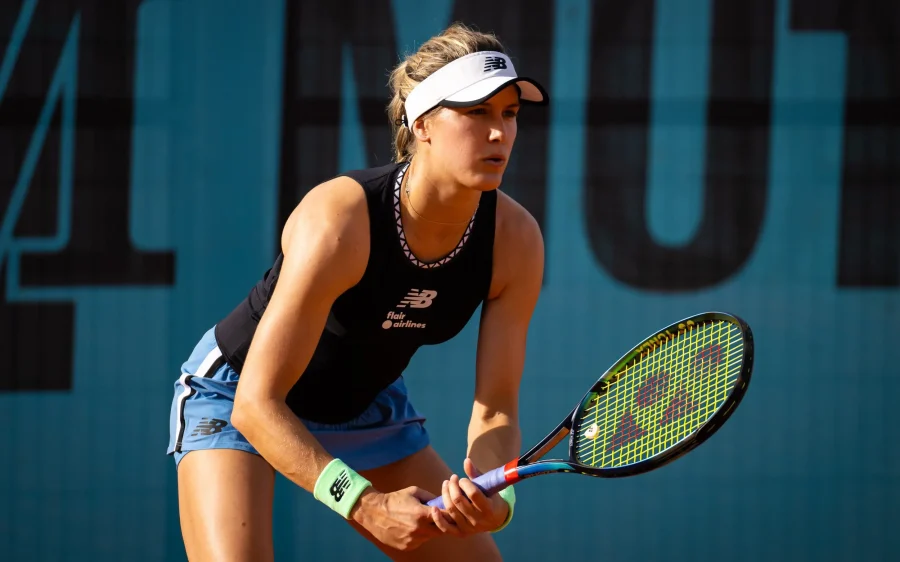Tennis has always loved a teenage wunderkind, from Jennifer Capriati in the 1990s to Emma Raducanu in the 2020s. But stunning early success can store up problems down the track, as the former Canadian prodigy Eugenie Bouchard is well-placed to confirm.
Asked on Tuesday about Raducanu’s recent travails, which include an imminent slide outside the world’s top 100, Bouchard immediately replied that “I see lots of similarities” with her own experiences a decade earlier.
“As soon as someone has success, people can get jealous and just want what you have,” Bouchard said. “It’s a dog-eat-dog world out there. You’ve got to be ready for people to claw at you a little bit.”
This is not a new story, and – as in Agatha Christie’s Murder on the Orient Express – we are all culprits to some extent. The media pump up hysteria, the agents sign multi-million-dollar deals, and the fans – because of some glitch in the human condition – find fresh-faced young meteors more compelling than those who grow into their powers.
But there is a common arc to these stories. It often involves a spectacular breakthrough at a tender age, followed by a woozy period of reorientation, and then – for the worst affected – a serious case of burn-out. One notorious instance involved Andrea Jaeger, who reached the 1983 Wimbledon final as an 18-year-old, before retiring soon afterwards to become a nun.
At 29, Bouchard is now on the third act of her 15-year professional career. Named WTA newcomer of the season at 19, she reached the Wimbledon final six months later.
But then, in 2015, came the first major setback in what had hitherto been a charmed life: the concussion that Bouchard suffered while slipping on a wet changing-room floor at the US Open.
Since then, Bouchard has disappeared from the conversation around the big titles. When a serious shoulder operation recently kept her off the tour for 18 months, many imagined that she had retired. —Reuters










